Drones Take Center Stage at Duke and NOAA Workshop
In an innovative gathering at Duke University, over seventy-three professionals from a diverse array of sectors—ranging from government and academia to private industry and non-profits—converged to enhance their expertise in Drone Technology, specifically tailored for coastal applications, according to Carolina Coast Online.
This event, titled “Drones in the Coastal Zone,” drew participants from across the southeastern United States, including North Carolina, South Carolina, Georgia, Florida, Puerto Rico, and the US Virgin Islands, marking a significant step forward in the integration of drone technology into coastal conservation and research efforts.
Certification and Technology Updates
A cornerstone of the workshop was the opportunity for attendees to obtain a technical certification in drone operation from the National Institute of Standards and Technology, underlining the importance of formal recognition of skills in this rapidly evolving field. The Southeast Coastal Ocean Observing Regional Association (SECOORA) further enriched the event by presenting the latest advancements in drone technology, highlighting the ongoing innovation in aerial and Underwater drone capabilities.
Diverse Applications of Drone Technology
Dr. Brandon Puckett, a research biologist with the National Oceanic and Atmospheric Administration (NOAA) and a workshop host, emphasized the necessity of obtaining a Federal Aviation Administration (FAA) license for commercial drone operations, alongside additional certifications that enhance a pilot’s capabilities. Echoing this sentiment, Josh Matheson from the Marine Robotics and Remote Sensing (MARRS) Lab at Duke showcased the wide-ranging uses of drones in coastal research, from mapping oyster reefs and beach erosion to studying marine life such as sea turtles, sharks, and whales.

Underwater drones also received Spotlight attention, with Dr. Chris Taylor, a habitat mapping scientist with NOAA, sharing insights into their role in exploring ocean bottoms and habitats, reaching depths between 900 to 1,000 feet—far beyond the 400-foot limit set for aerial drones by the FAA.
Real-Time Data and Cost Considerations
The hands-on component of the workshop included mapping exercises and photogrammetry research, demonstrating the immediate value of drone technology in fieldwork. Participants learned about mission preparation, data collection, and image analysis, experiencing first-hand the real-time benefits that drones bring to environmental research. Despite the high costs associated with some of the sensors used in research drones, the tangible benefits in terms of detailed and accessible data were clear.
Community Engagement and Future Aspirations
The workshop was not just about technical learning; it also provided a platform for networking and community building among professionals who operate at the intersection of technology and environmental conservation. Although adverse weather conditions led to the cancellation of a planned airshow, the event was still deemed a success by attendees and organizers alike.
Professionals like Brittany Harris from Florida International University and Kerry Mapes from Geo Owl highlighted the workshop’s role in bridging gaps in data collection methods and in providing access to a variety of certifications, respectively. Dr. Puckett expressed hope that this inaugural event would be the first of many, aiming to foster a growing community of drone enthusiasts and professionals dedicated to coastal preservation and research.
A Soaring Future
The “Drones in the Coastal Zone” workshop at Duke University, co-hosted by NOAA, represents a pivotal moment in the adoption of drone technology for environmental research and conservation. As participants return to their respective fields armed with new skills, certifications, and insights, the potential for drones to revolutionize coastal studies and preservation efforts is immense. With continued collaboration, innovation, and Education, the future of coastal conservation looks to be soaring to new heights.
Photos courtesy of Carolina Coastal Online / Cheryl Burke
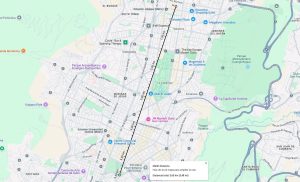
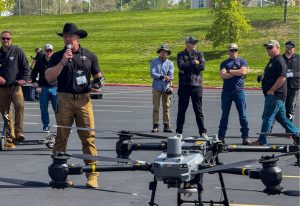

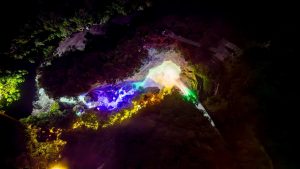
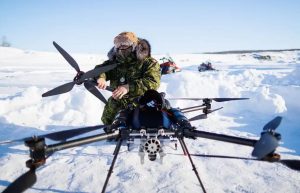

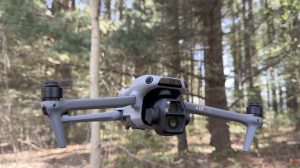




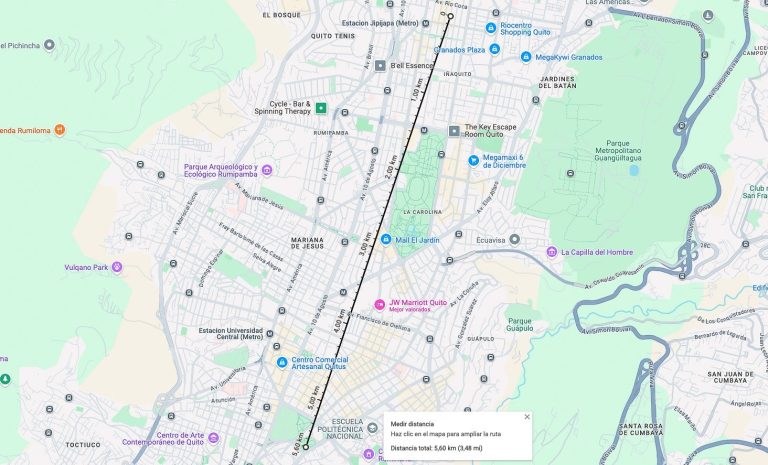
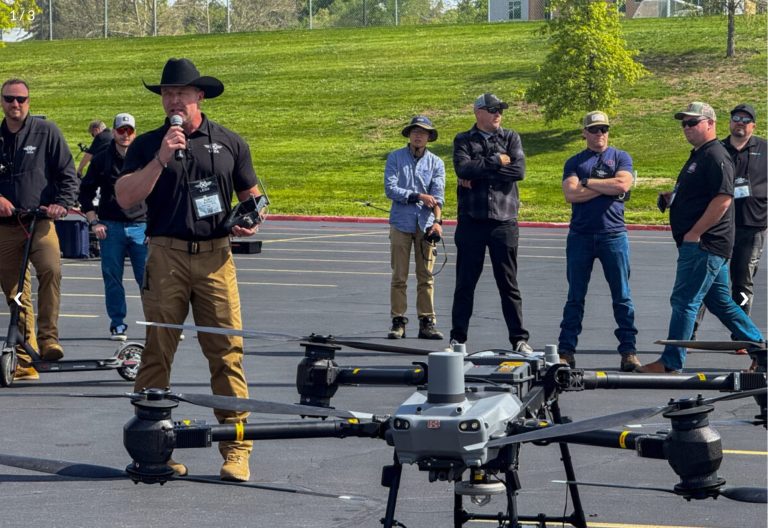

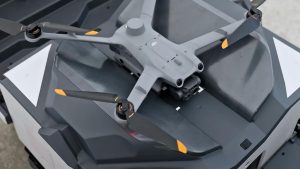
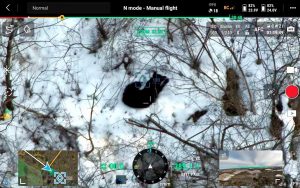

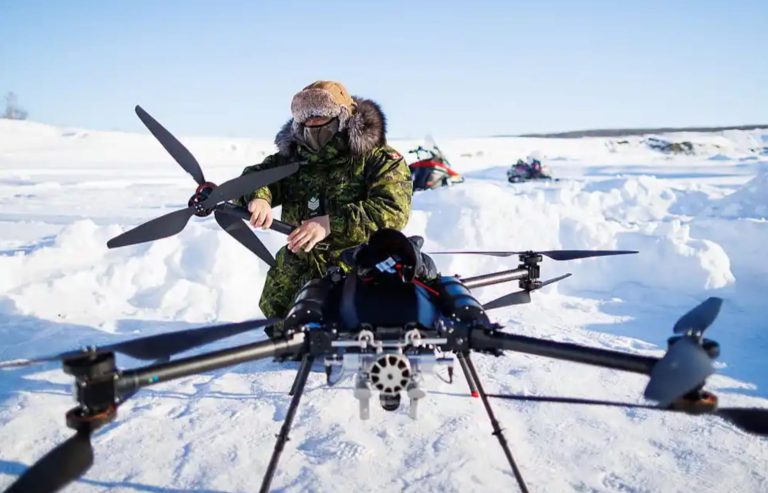

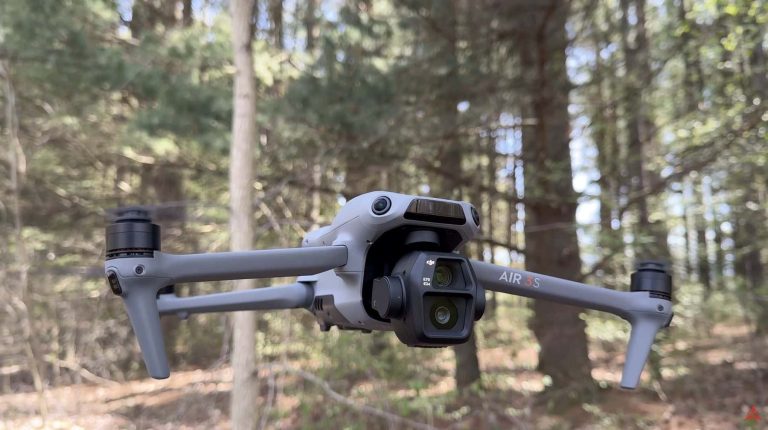
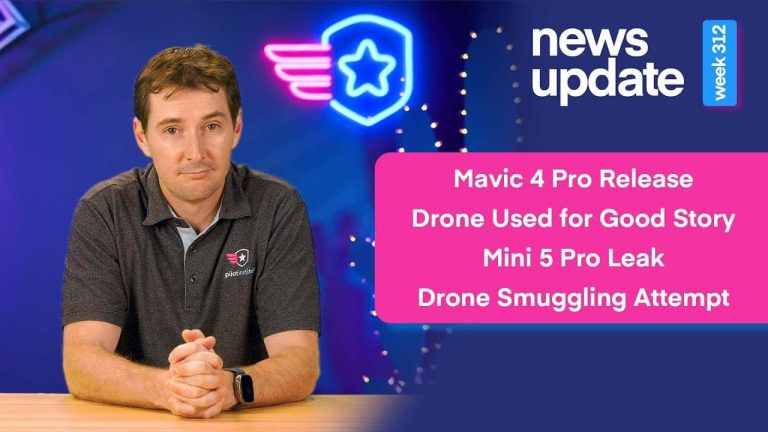
+ There are no comments
Add yours